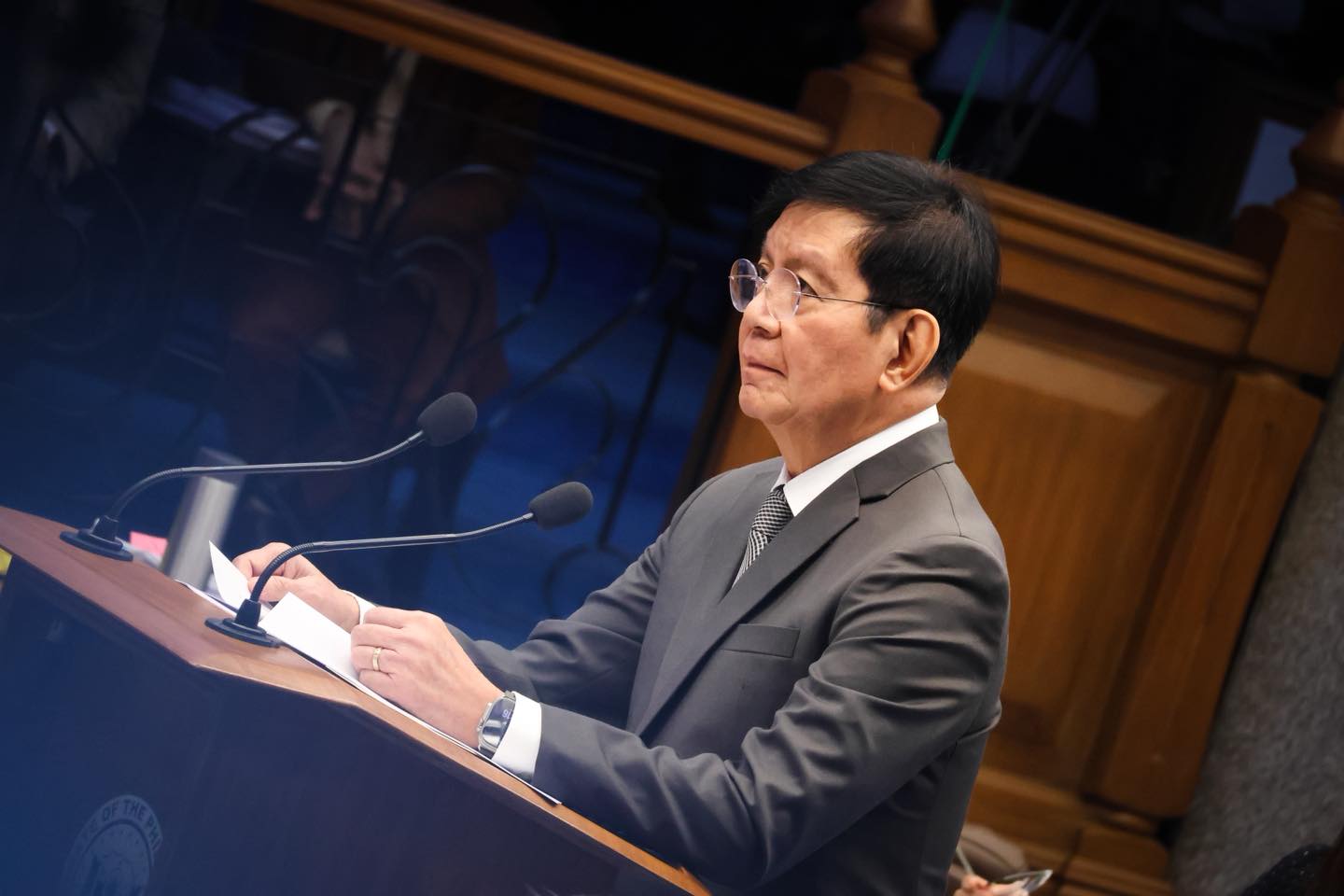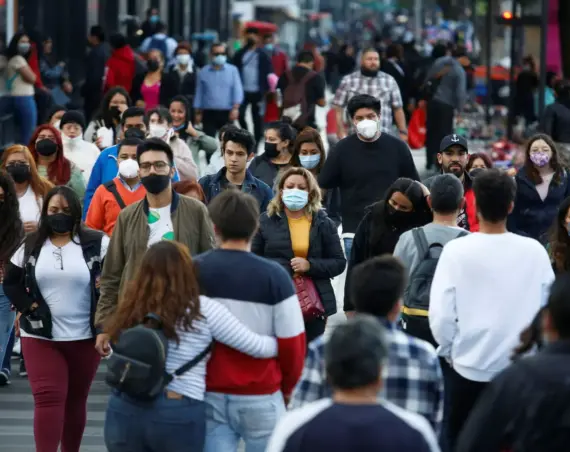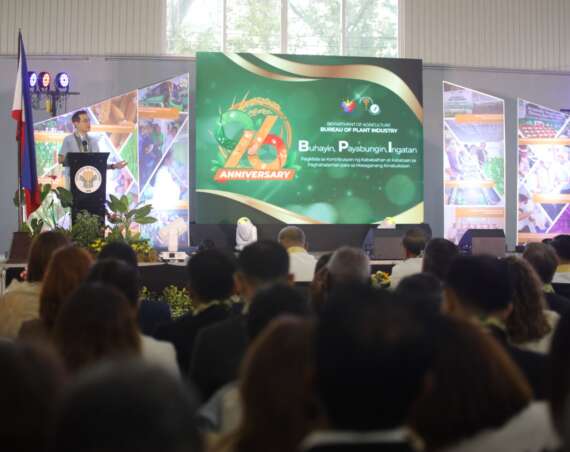Senator Panfilo “Ping” Lacson on Saturday warned that members of both houses of Congress may be implicated in anomalies surrounding billions of pesos worth of flood control projects, citing the practice of budget insertions in the General Appropriations Act (GAA).
Speaking in an interview on DZRH News’ Special on Saturday on August 23, Lacson said insertions in the budget often give legislators a sense of ownership over projects, creating opportunities for corruption.
“Kapag nag-insert ka, para bang mayroon ka nang claim. Mayroon ka nang royalty, mayroon ka nang rights para mag-assert, dahil ako ang nag-insert nyan, eh baka ako na ang pumili ng contractor nyan,” he explained.
He clarified that not all lawmakers engage in anomalies, but admitted that motivations behind insertions vary.
“Both [houses of Congress]. Lahat naman nag-iinsert. Basta’t nag-iinsert, may motibo. Either gustong tumulong talaga… o kaya naipangako niya noong nakaraang kampanya. Hindi ko sinasabing lahat, pero pag nag-insert, sari-sari nang pumapasok ang motivation,” Lacson said.
Lacson warned that even fellow senators and district representatives could be taking part in the so-called ‘25 percent funder’s share’ from budget insertions, underscoring that lawmakers themselves may not be exempt from the scheme.
“Posible, kaya lang wala akong pruweba, posibleng meron ding senador na nag-insert at kabahagi rin siya doon sa 25% share na tinatawag na funder o ‘yung proponent o sponsor ng insertion,” he noted.
In his privilege speech earlier this week, Lacson detailed how funds for anomalous flood control projects are typically divided into the following:
- 8–10% goes to the district engineer
- 2–3% as “reseta” or kickback from the DPWH district office
- 5–6% to the Bids and Awards Committee
- 0.5–1% to the Commission on Audit
- 5–6% as “passing through” or royalty for the local politician
- 20–25% to the lawmaker who funded the project through a budget insertion
- 40% for the actual project implementation
Lacson emphasized that corruption thrives because accountability is weak and punishment is uncertain.
“Kapag walang makitang accountability, walang makitang certainty of punishment, mawiwili ang mga dating gumawa at mae-encourage pa ang mga hindi dating gumagawa,” he warned.
He pointed out collusion between legislators and district engineers, noting that congressional influence extends to appointments within the Department of Public Works and Highways (DPWH).
“Bago ma-appoint ang isang district engineer, karaniwan, kailangan may basbas o kaya rekomendasyon ng district representative. Doon pa lamang, meron nang collusion,” Lacson said.
According to him, this relationship allows lawmakers to influence the flow of funds once projects are inserted into the budget.
“Ang modus operandi kasi, ang isang mambabatas, magbabagsak based sa kanyang insertion. Halimbawa, nagbagsak siya P10-billion sa isang distrito. Kausap na niya ‘yung district engineer,” he explained.
Lacson described the persistence of anomalies as a product of greed.
“Hubris. Sumobra na ang kanilang self-confidence… dinisregard na nila ang public perception, dinisregard na nila ang public need. Lahat ng tungkol sa publiko, sinarahan na nila ‘yung kanilang mga mata dahil hindi na makontrol ang greed,” he said.






